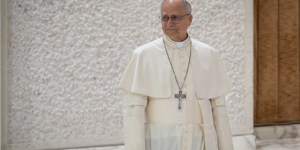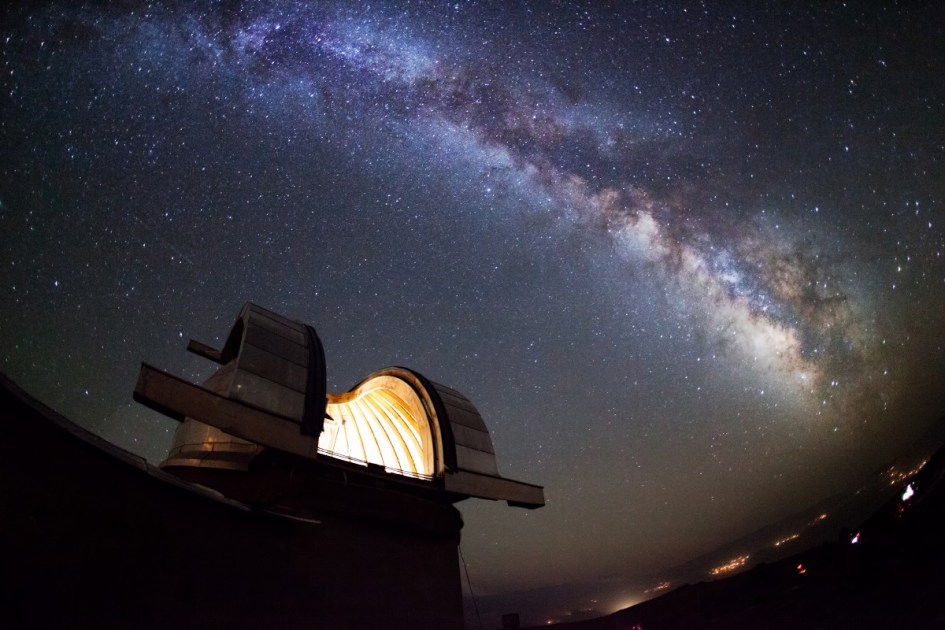In a recently published statement, the Pontifical Academy of Sciences (PAS) has sounded the alarm over what it calls a “structural assault” on science and truth worldwide. Released on June 16 from Vatican City, the document warns of growing efforts to suppress, distort, or politicize scientific knowledge — threats that cut across national borders and political systems.
“This is not merely a crisis of communication — it is a structural assault on the values and institutions that make science a pillar of human progress,” the authors write.
The signatories include Cardinal Peter Turkson and Nobel laureates like Steven Chu and Frances H. Arnold. They call out governments that silence scientists, social media platforms that amplify falsehoods, and economic systems that prioritize profit over public good.
“Scientists are harassed, marginalized, or personally threatened for their work,” the statement notes.
Among the root causes, PAS identifies six interconnected forces: (1) political misuse of data, (2) ideological polarization, (3) corporate capture of research, (4) digital disinformation, (5) lack of scientific literacy, and (6) state censorship.
These forces, it argues, are eroding the public’s ability to discern truth from ideology.
Response
In response, the Academy outlines a global call to action. It urges governments to protect the independence of research, scientists to engage with the public, and media companies to curb disinformation.
Religious leaders are also called to bridge faith and reason, affirming the Church’s legacy of supporting science “as a force for good.”
Educational institutions are asked to do more than teach facts — they must foster critical thinking, curiosity, and moral responsibility.
“The freedom of science and the defense of scientific truth are necessities for human flourishing,” the statement insists.
The PAS warns that these challenges cannot be solved by scientists alone. “A global coalition of stakeholders is needed … to defend the right to seek and speak scientific truth,” it concludes.
Founded in 1603 and reestablished by Pope Pius XI in 1936, the Pontifical Academy of Sciences includes scholars of every major faith — and none. Its mission is to support science that advances the dignity of the human person and the common good.


